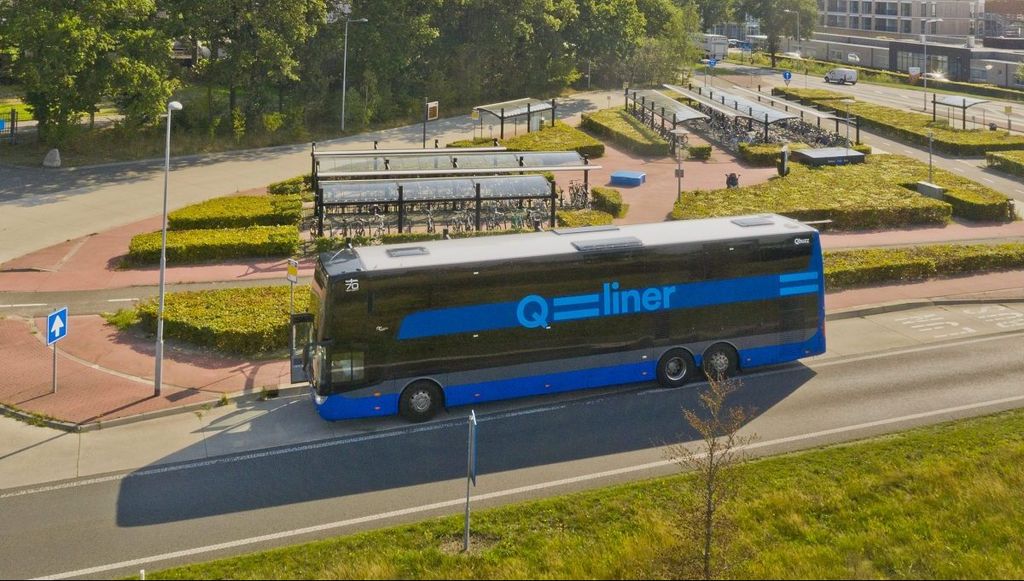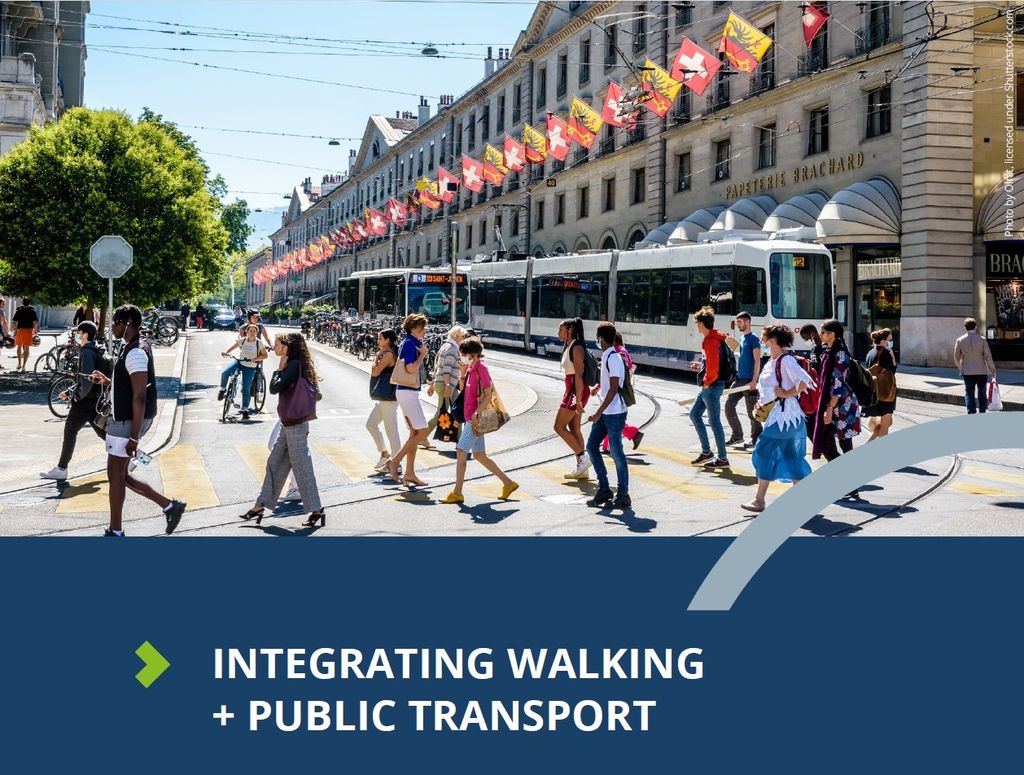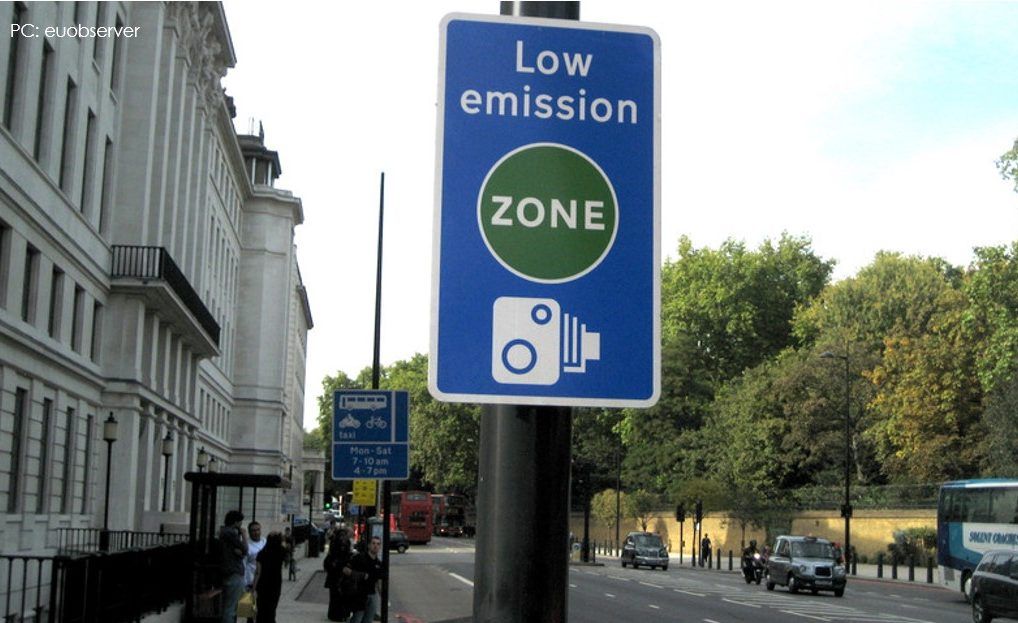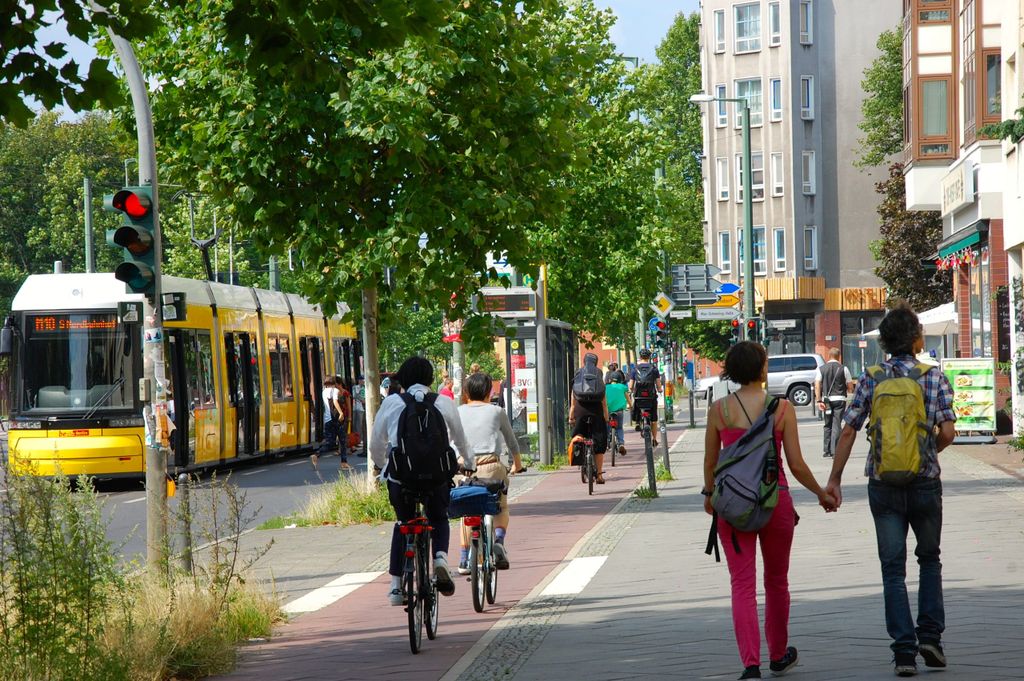
The rural mobility challenge for public transport: How combined mobility can help
Pushing rural mobility into the mainstream discussion
Improving public transport is one of the most pressing needs for rural and peri-urban areas, allowing to foster economic development, improve social equity and better address the climate crisis. However, solutions cannot be simply copied from urban areas as they must embrace unique local circumstances. The evolution of mobility has redefined public transport and unlocked new possibilities. Rapid developments in freight and deliveries have enlarged the range of solutions with the approach of ‘bringing services to people’ beyond the traditional approach focussed on ‘moving people to services’. Mobility as a Service (MaaS) promises to bring everything together.
Combining public transport with more tailored on-demand and shared mobility services, including peer-to-peer and volunteer-based solutions, can go a long way towards overcoming long-standing mobility deficits in rural areas. Successful strategies must embrace the different scale and needs of rural areas, and build upon a set of preconditions for combined mobility solutions to fully unlock their potential.
While maintaining a global view, this Knowledge Brief focuses on the Global North and contains main takeaways as a contribution to push the discussion of public transport in peri-urban and rural mobility into the mainstream, covering different degrees of rurality from the urban fringes to remote areas.
Download the Knowledge Brief (French)
Download the Knowledge Brief (Spanish)
Membership benefits







